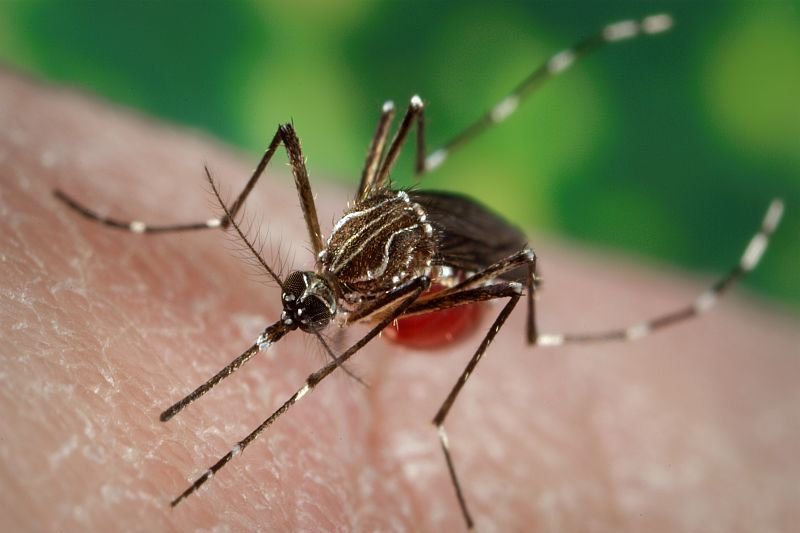
May 4 (UPI) -- A microbe found in mosquitoes that appears to block malaria could be used to control spread of the disease in humans, according to researchers in Kenya and Britain.
In findings published Monday by the journal Nature Communications, the authors describes finding the microbe, Microsporidia MB, in mosquitoes around Lake Victoria in Africa -- and that they could not find a single mosquito with the microbe that also had the malaria parasite.
Lab experiments confirmed the microbe gave the mosquitoes protection from malaria, which would effectively protect humans as well, as the virus is spread by infected insects.
"Further studies will be needed to determine precisely how Microsporidia MB could be used to control malaria," Jeremy Herren, a researcher at the International Center for Insect Physiology and Ecology and the University of Glasgow Center for Virus Research, said in a statement.
In 2018, an estimated 219 million people worldwide were infected with malaria, which is spread to humans by mosquito bites, according to the World Health Organization. More than 400,000 people die from the disease annually.
Herren and his colleagues discovered Microsporidia MB after studying mosquitoes on the shores of Lake Victoria in Kenya. The microbe is a parasite found in the gut and genitals of approximately 5 percent of the insects in the region, they said.
How it blocks malaria remains unknown, but researchers believe it may bolster the immune system of mosquitoes, helping them fight off infections. It could also make changes to the insect's metabolism, making their bodies less hospitable to malaria parasites.
Once mosquitoes are infected with Microsporidia MB, they appear to carry it for life. Herren and his colleagues estimate that at least 40 percent of mosquitoes in a given region would need to be infected with the microbe -- which is passed between adult mosquitoes and from females to offspring -- to have a significant impact on the spread of malaria.
The researchers are investigating two strategies for spreading Microsporidia MB. One strategy would be to release large numbers of spores with the goal of infecting mosquitoes. The other idea is to infect male mosquitoes, which don't bite humans, and release them into the wild to infect females when they mate. Neither process would kill the mosquitoes, as the microbe is naturally occurring.
The strategies mimic similar approaches used to control another mosquito-borne infection, dengue, which relies on a microbe called Wolbachia.
"The next phase of the research will investigate Microsporidia MB dynamics in large mosquito populations in screen house 'semi-field' facilities," Herren explained. "The results of these studies will give us key information that will be used to determine how we could then disseminate Microsporidia MB for malaria control."
"control" - Google News
May 04, 2020 at 11:30PM
https://ift.tt/2SzgLnH
Researchers discover microbe that could control spread of malaria - UPI News
"control" - Google News
https://ift.tt/3bY2j0m
https://ift.tt/2KQD83I
Bagikan Berita Ini














0 Response to "Researchers discover microbe that could control spread of malaria - UPI News"
Post a Comment